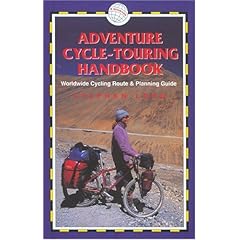
a person answers a personal in a newspaper:
Teacher seeks pupil
must earnestly want to save the world
apply in person
When he arrives at the office, he finds an overstuffed chair, a bookshelf full of books and a lowland gorilla behind a wall of glass. That can communicate telepathically.
Ishmael is a philosophcal novel, in the form of a dialogue, between the teacher-gorilla Ishmael and the protagonist-student. Their topic is human culture. Specifically two opposing cultures. In our cultures parlance these are called primitive and civilized cultures, or hunter-gatherers versus farmers. Or in the more neutral terminology of the novel "takers" and "leavers". These two opposing forces are traced through out our culture, through stories in genesis. The story of Adam's fall and the story of the conflict between Cain and Abel.
Abel was a herder, and Cain was the new revolutionary culture, the new culture of Farming. This story is turned on its head to illustrate the conflict between traditional semitic nomadic cultures and the new farming cultures that were beginning to emerge out of the fertile crescent. The farmers grew their own food, were ablo to store it against the risk of drougtht and famine, were able to grow an excess of food with intensive agriculture, this led to an exploding population, as the population grew it pushed at the borders and the caucasian tribes swallowed the lands around them, all of the tribes around them, the Leavers either abandoned their hunter-gatherer/hearder ways and were assimilated by the farmers or they were exterminated, because to the Taker culture there was only one way to live: their way, farming. Any competitor, whether it be hunter-gatherers or predators such as wolves or foxes or competitors to their crops such as other plants, forests, etc must be exterminated. They clear cut the forest and the plains and plowed the soil and planted their crops: wheat, barley, corn, rice. and pulled up any "weeds" that grew on their land.
The Taker world-view is: The world was made for man to govern. Before he evolved the world was in chaos, it needed Man to come and order things. The other view, the Leaver view is: Man was made for the world. Just like the birds and the trees and the foxes and the whales. All of life will continue evolving, Man isn't the final end of the world: the reason the world was created.
Wow, this novel's affected me alot, I nearly cried at the end, and it wasn't overly sad. The story does an amazing job, turning our cultural stories on their head as a warning about our Taker culture, by the previous Leavers cultures. Higly Recommended!







